|
St Nicodemus of the Holy Mountain was born in 1749 on the island of Naxos. He was baptised Nicolas and received his early education from the local priest. He entered Dionysiou Monastery on Mt Athos in 1775, and soon after was clothed with the Monastic Habit and given the name Nicodemus.
0 Comments
‘May we glorify Your mighty acts, your unspeakable plan of salvation for our sake’. (From the Matins Service of the Sixth Friday of Lent).
Pascha is a time of joy and light, because when we celebrate our Lord’s Resurrection, we anticipate the immortality of our own soul and the resurrection of our own body. In the lead up to Pascha, we are slowly but steadily initiated into the Orthodox way of life through the period of Great Lent. Throughout these six weeks preceding Holy Week we are encouraged to: fast in order to detach from our desires; give alms so that we may connect with our neighbour; and, pray more than we usually do to be filled with the grace of God.
For many people Great Lent is just a cycle in their yearly calendar where they “must” abstain from certain foods, temporarily cut out some bad habits, attend a few extra Sunday Liturgies and then Commune on Holy Thursday before going back to the same old “normal life” after Pascha. However if we wish to take Great Lent seriously, we should consider it a spiritual journey rather than a religious obligation.
Elder Sophrony (Sakharov) of Essex was born in Russia in 1896, but departed as a young man in 1921 for the intellectual and artistic hubs of Europe. He finally settled in Paris where he found success as an artist. During this time, he engaged in the practices of oriental mysticism.
Repentance is the central theme of Christianity. It is the teaching of St John the Forerunner in preparation for the coming of the Lord and it is also the starting point of our Lord’s teaching: “Repent, for the Kingdom of Heaven is at hand!” (Matthew 3:2, 4:17).
Repentance, therefore, is in truth the beginning of the life in Christ. The phrase, “Be at peace with one another and with all”, is taken from a hymn written by the famous hymnographer Kosmas of Maiouma of the 8th century. The verse is from the troparion of the 8th Ode of the Canon of the Holy Monday matins service and is chanted on Palm Sunday Evening. St Kosmas became bishop of Maiouma, a port-town near Gaza in modern day Palestine and helped defend the Church against the heresy of iconoclasm. This was a turbulent period. Having this in mind, how is it that St Kosmas still wrote the words “be at peace with one another and with all”? How do we begin to search, and acquire this peace that Christ asks of us?
In his conversation with Nicholas Motovilov, St Seraphim of Sarov instructs that the aim of the Christian life is to acquire the Holy Spirit. Practising the virtues should not be the goal of our spiritual life; rather the virtues should be the means by which the goal is achieved.
The great treasure of Christian literature known as the Evergetinos takes its name from the monk Paul Evergetinos, the founder of an 11th century monastery in Constantinople dedicated to the Theotokos “the Benefactress” (ἡ μονὴ τῆς Εὐεργέτιδος)
“Bear with one another and, if one has a complaint against another, forgive each other; as the Lord has forgiven you, so you must also forgive” Colossians 3:13.
This verse is from St Paul’s Epistle to the Colossians, which was written in his time in prison in Rome, and provides guidance for every aspect of our daily lives. |
Categories
All
|
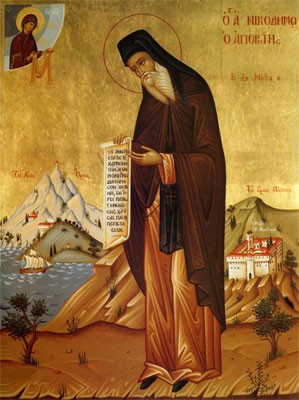
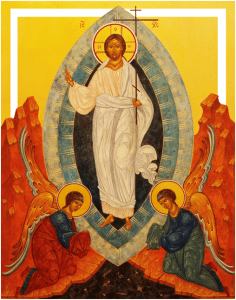
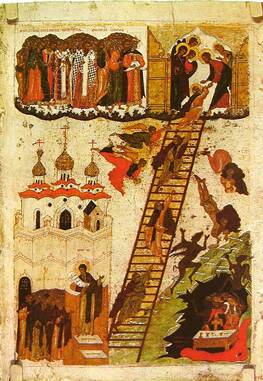
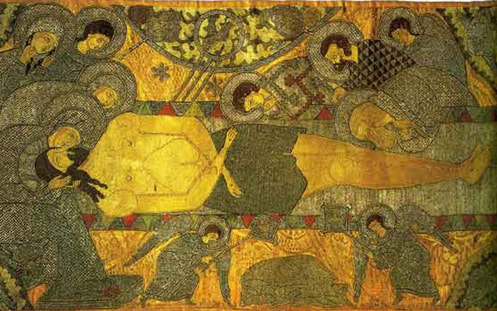
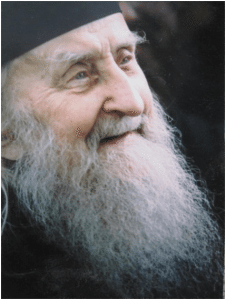
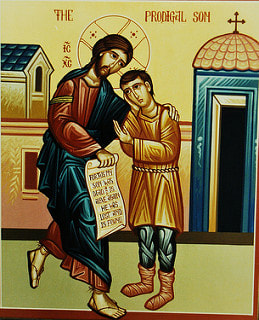
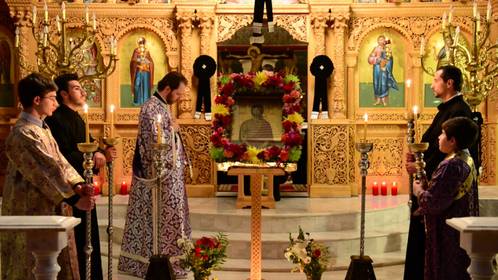
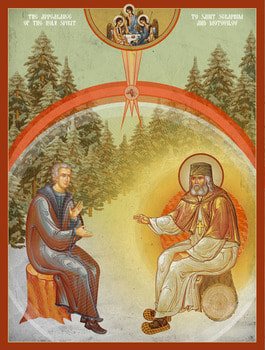
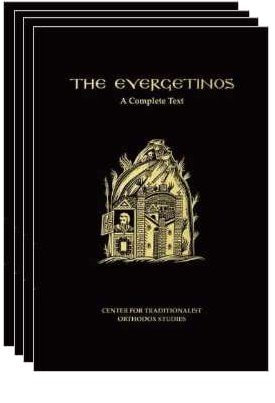
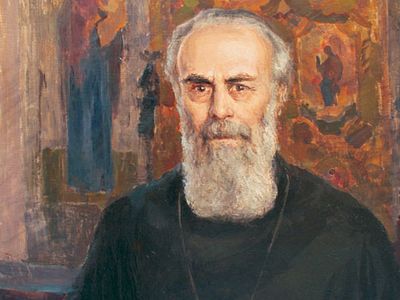
 RSS Feed
RSS Feed
